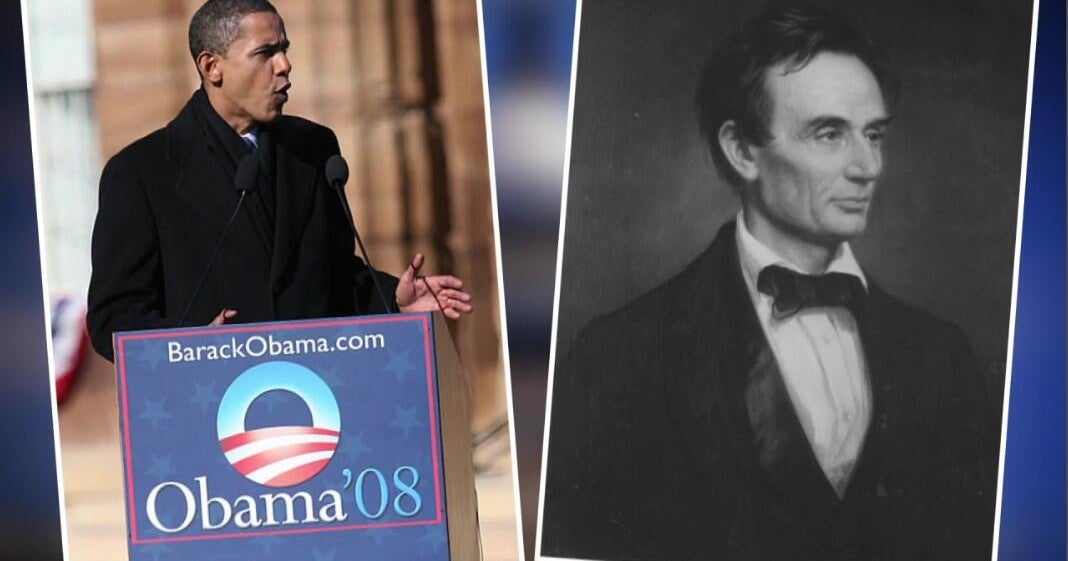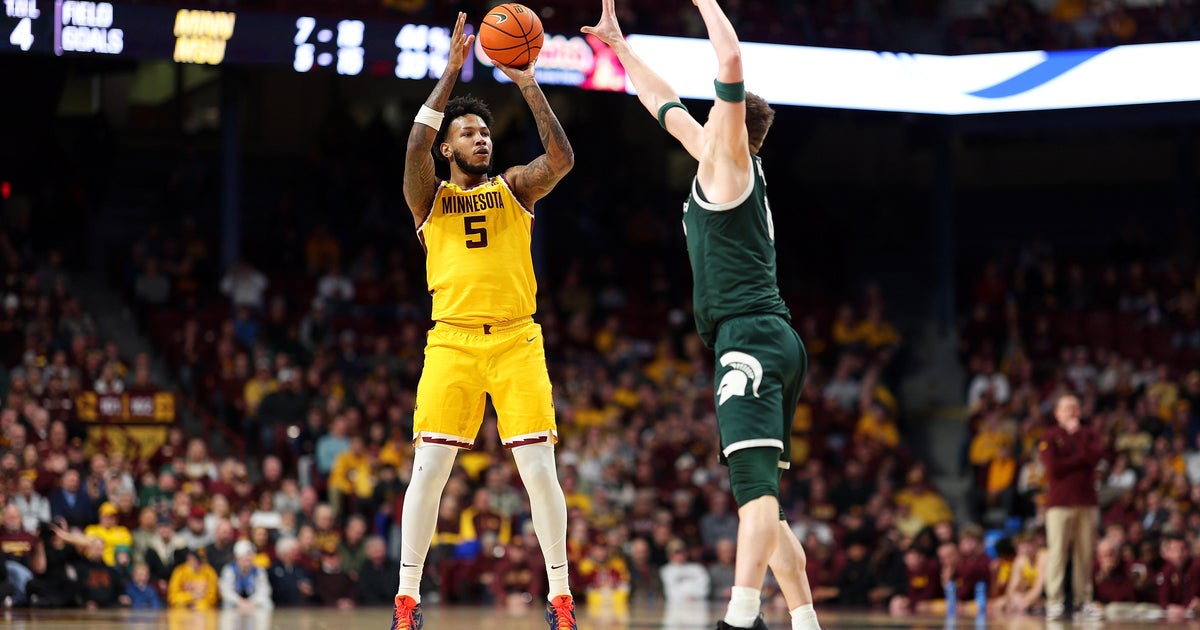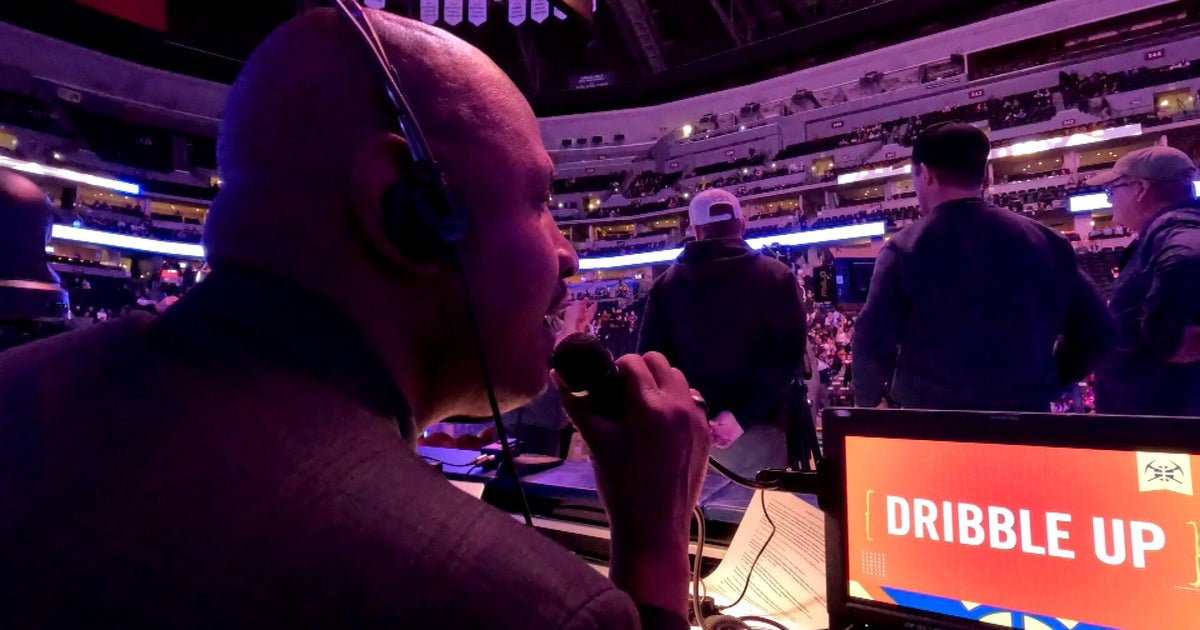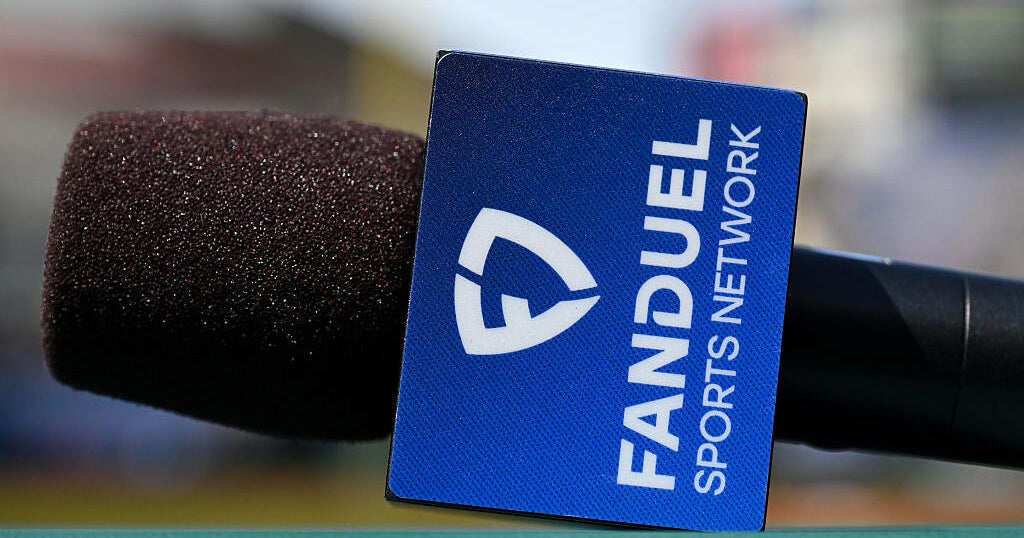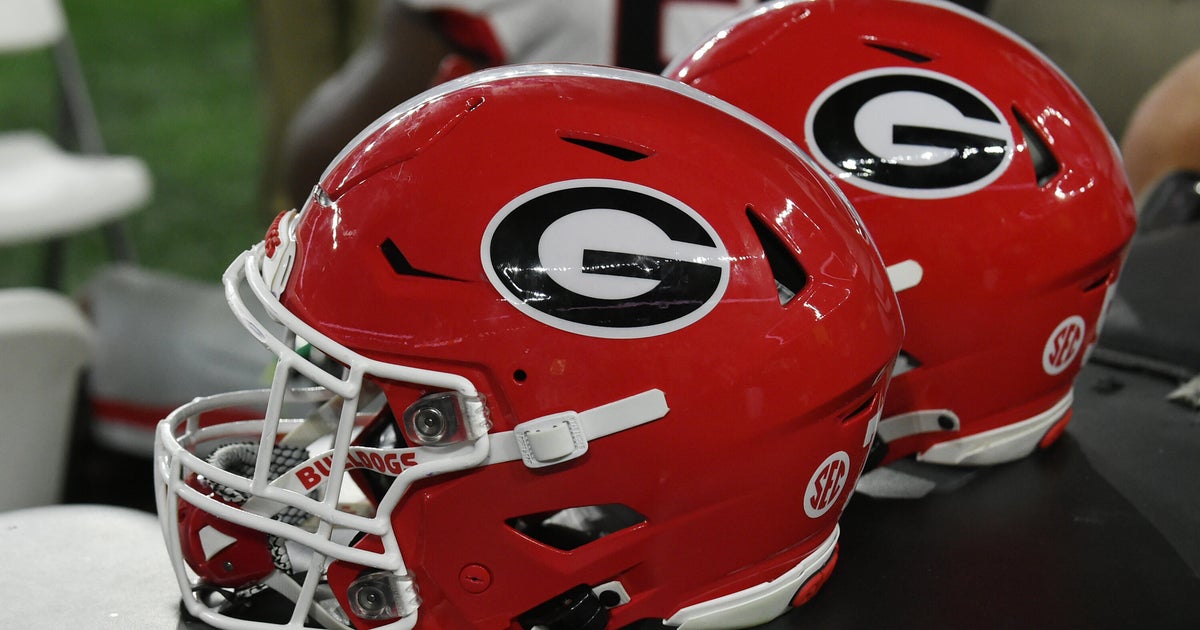Wisch: MLB Would Be Wise To Help The College Game Grow
By Dave Wischnowsky –
(CBS) When the Illinois basketball team headed down to Texas for the NCAA Tournament this spring, the eyes of Illini Nation weren't just fixed upon them. They were fixated.
When the Illinois football team qualifies for a bowl game – even if it's only the Kraft Fight Hunger Bowl – the news makes its share of headlines and the TV broadcast attracts its share of eyeballs.
But when the Illinois baseball team played in the NCAA Tournament in Nashville over the weekend – winning one game before losing two to be eliminated – it barely created a blip on this state's sports scene.
Let alone the national one.
That condition, of course, is hardly unique to the University of Illinois. It's the same way in the vast majority of states and at most schools across the country as we live in a world where college baseball simply doesn't come close to capturing America's imagination in the same way that college football and basketball do.
With college hoops, fans go mad about brackets each March. And with college football, they gripe about the BCS – and will surely find a way to gripe about a playoff system, too. But when it comes to college baseball's postseason, most average Americans barely bat an eyelash.
About it, or the sport itself. Why is that?
On Monday, I threw that question out on Twitter and Facebook, asking why America doesn't care more about college baseball.
The answers I received back where myriad. Some complained about college baseball's lack of wooden bats – and the ping of its aluminum ones. Others blamed the minor leagues, which deny college baseball a role as a direct feeder system to MLB for most players. And many more said that the lack of television exposure greatly hampers the college game.
I think all of that's true. Although, none of it really explains the strange phenomenon of how America seems to very much care about baseball at the Little League level but then manages to mostly lose interest in it and its stars until they reach the big leagues. From Pony League through Triple-A, baseball manages to get almost completely lost in between. And that doesn't seem to be a very good thing for baseball.
On that topic, SI.com's Tom Verducci reported this week that MLB attendance is down 2.9 percent this season – although the sadsack Miami Marlins alone account for 40 percent of the decline. Verducci also noted how weather has been bad in many cities (including Chicago) and that interleague games are now played during the week instead of mostly on weekends impacting figures.
He wrote that "attendance may get a lot of attention, but it's not among baseball's biggest problems" and then went on to list what he considers MLB's biggest problems. In particular order, they are 1) re-establishing the World Series as a true national event rather than one that is strong regionally; 2) selling a handful of players as national, mainstream stars rather than regional favorites; 3) improving the pace of play so that the ball is put in play more often; and 4) resolving the stadium issues of Oakland and Tampa Bay.
Now, I don't think college baseball has anything to do with problems Nos. 3 and 4. But I do think that increased interest in the sport at the college level could help with problems Nos. 1 and 2.
After all, just think about it. It's far easier for a sporting event to be a true national one when that sport's stars are national ones. And for a sports star to become famous nationwide, it certainly helps to get a head start with fame at college level.
If college baseball were better promoted nationally, it likely would enjoy considerably greater popularity and interest. And more interest in the lower rungs of baseball could only help that of the big leagues. So what could MLB do to help college baseball increase its popularity?
Well, considering how there are multiple ways for athletes to reach the majors – from going pro out of high school to international routes to college – MLB is very limited in some ways. It could require all amateur athletes to attend college for at least one year like the NBA does, but that's unlikely to happen. It also could urge the NCAA to adopt wooden bats – not a bad idea – but that would surely require going to war with the aluminum bat companies who are deeply invested in college baseball.
In light of those issues, what might be the wisest thing for MLB to do is to work with the NCAA to help college baseball secure a legitimate television contract to broadcast the sport on a national level.
But what would be even easier for MLB to do is to increase interest in its own draft – and, in turn, the college players who are selected in it.
Come Thursday evening, baseball's draft will again be televised on MLB Network, which is a positive thing although the pomp, circumstance and exposure of the event still pale greatly to what the NFL and NBA Drafts enjoy.
MLB would be smart to investigate ways to make its draft more high profile on TV. But it also would foolish to not simplify rules surrounding the event and allow all teams to trade any of their picks in whatever ways they want.
By making the draft picks more valuable immediate commodities, MLB would make the players picked more high-profile ones. And, in turn, people might actually start paying attention to them before they get to the big leagues. For the MLB game to grow, it couldn't hurt to have the college one grow, too. Seems to me like there's a lot of untapped potential.
Somebody should start trying to pitch it.
If nothing else, Dave Wischnowsky is an Illinois boy. Raised in Bourbonnais, educated at the University of Illinois and bred on sports in the Land of Lincoln, he now resides on Chicago's North Side, just blocks from Wrigley Field. Formerly a reporter and blogger for the Chicago Tribune, Dave currently writes a syndicated column, The Wisch List, which you can check out via his blog at http://www.wischlist.com. Follow him on Twitter @wischlist and read more of his CBS Chicago blog entries here.
